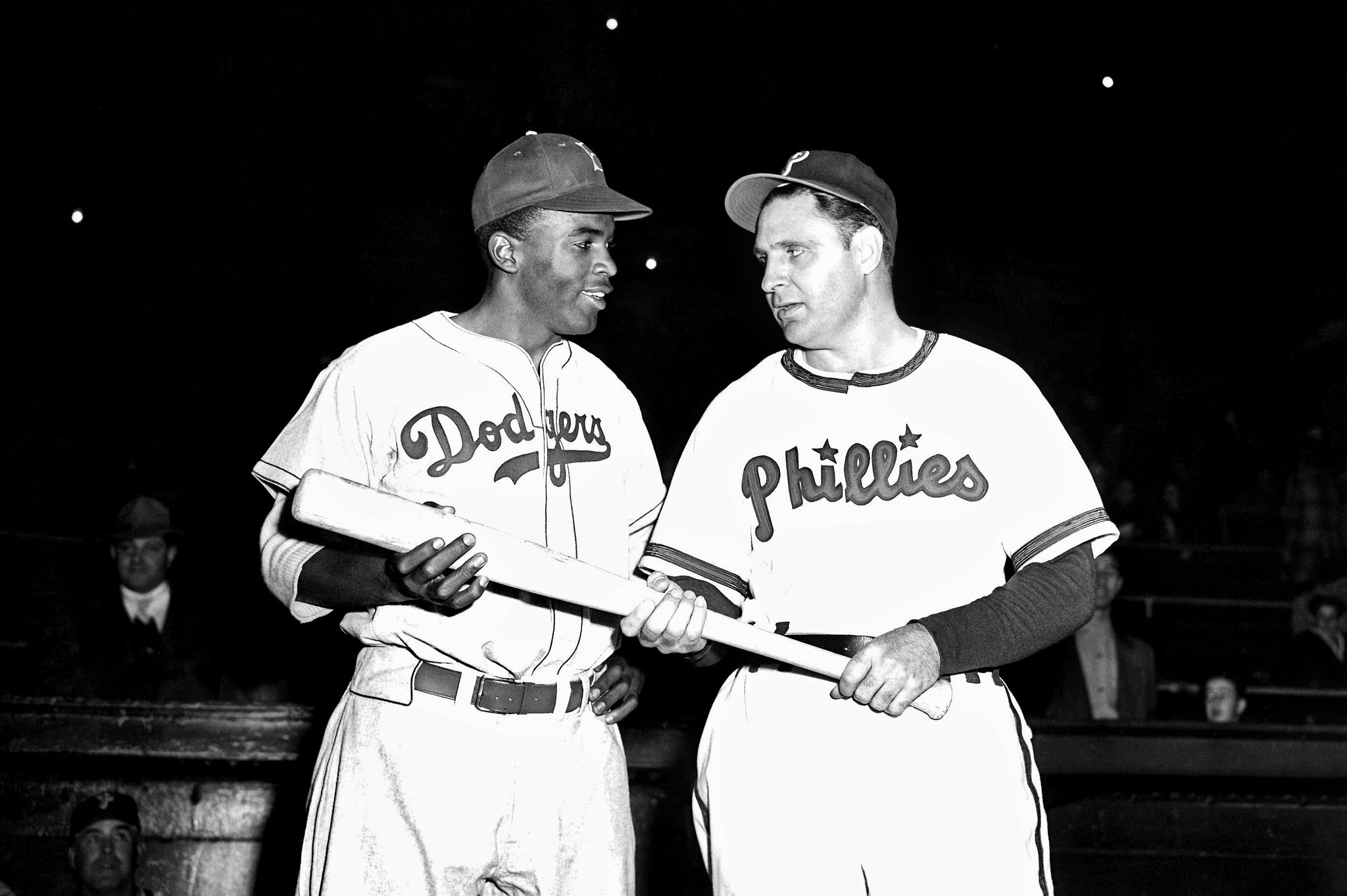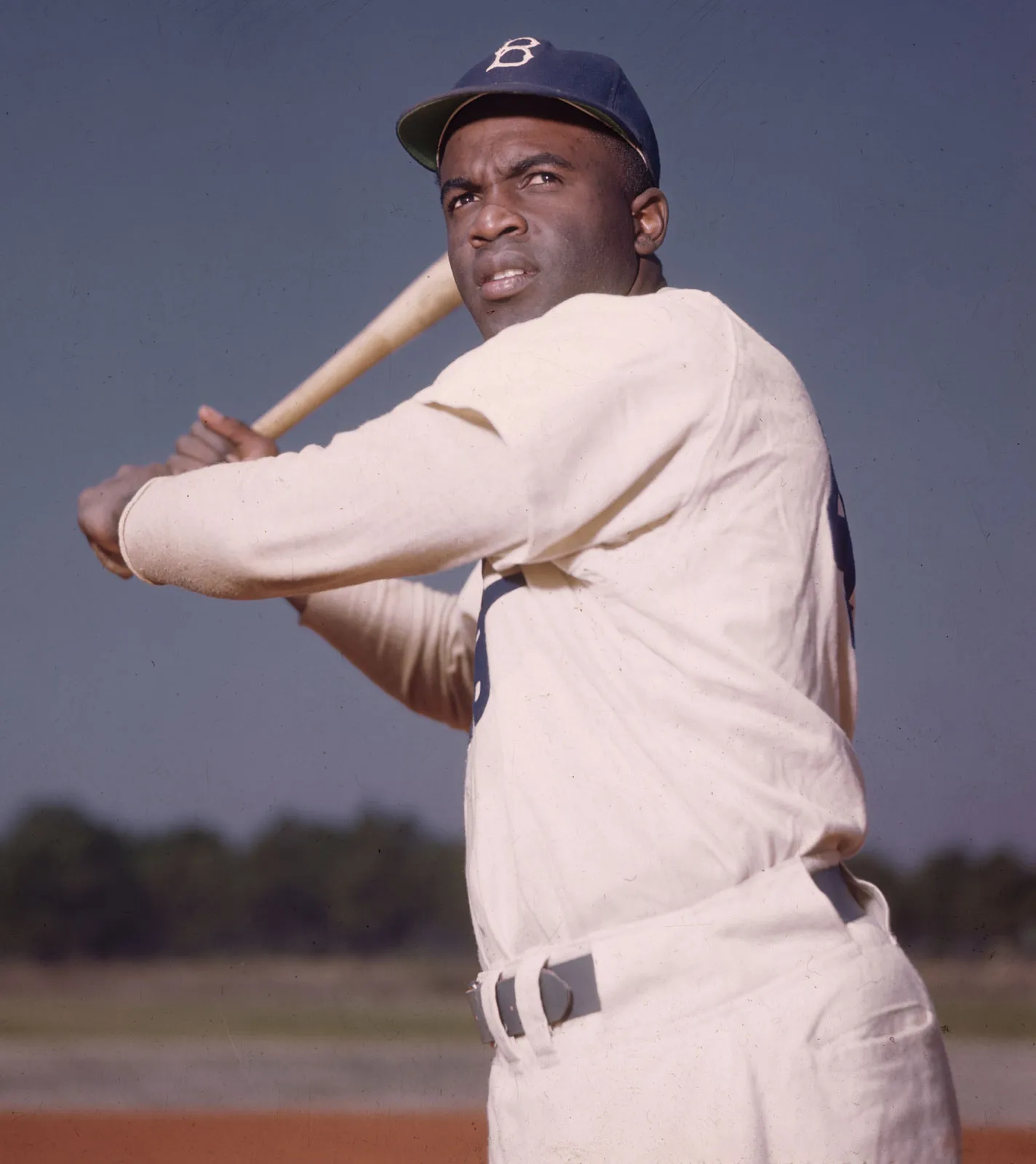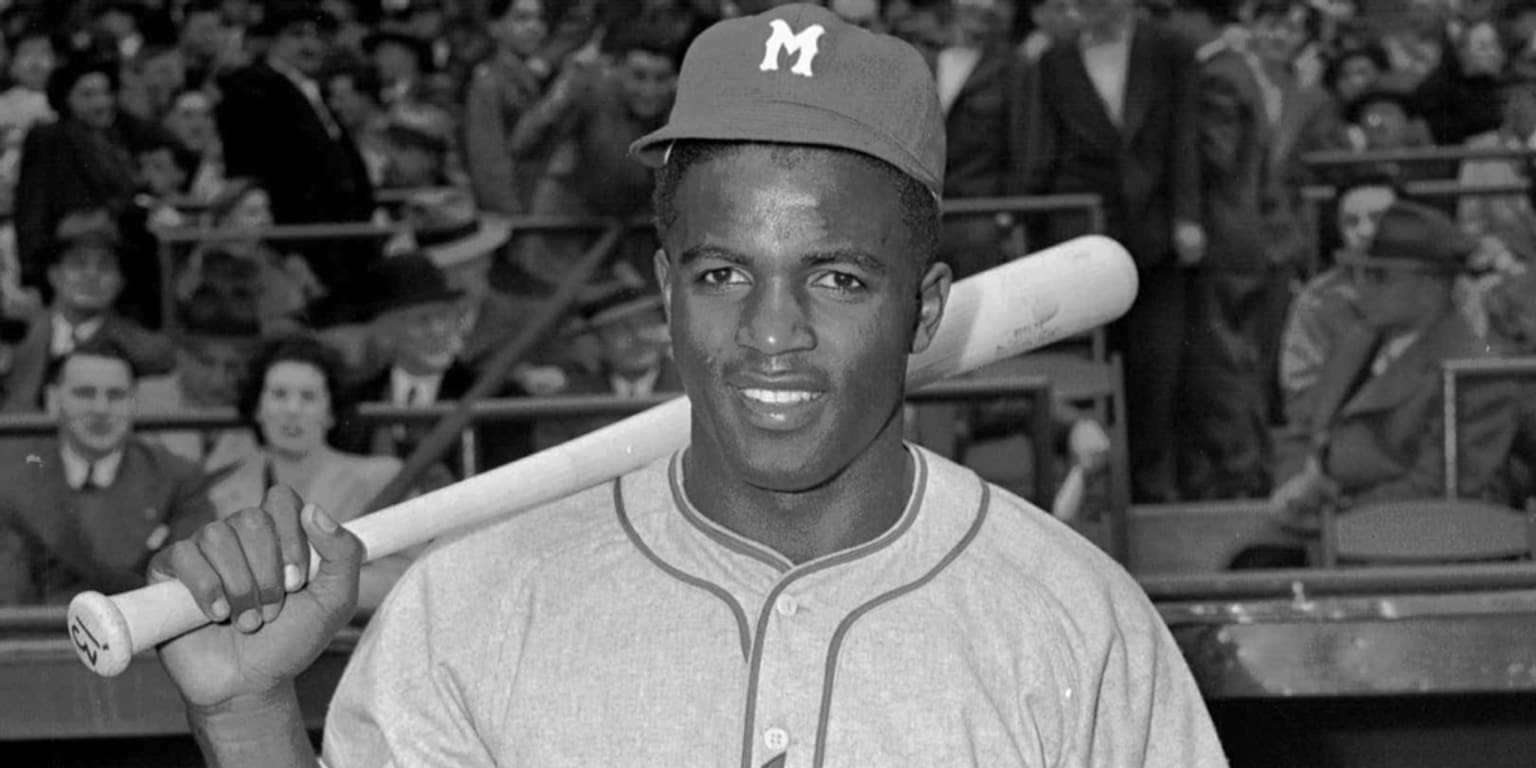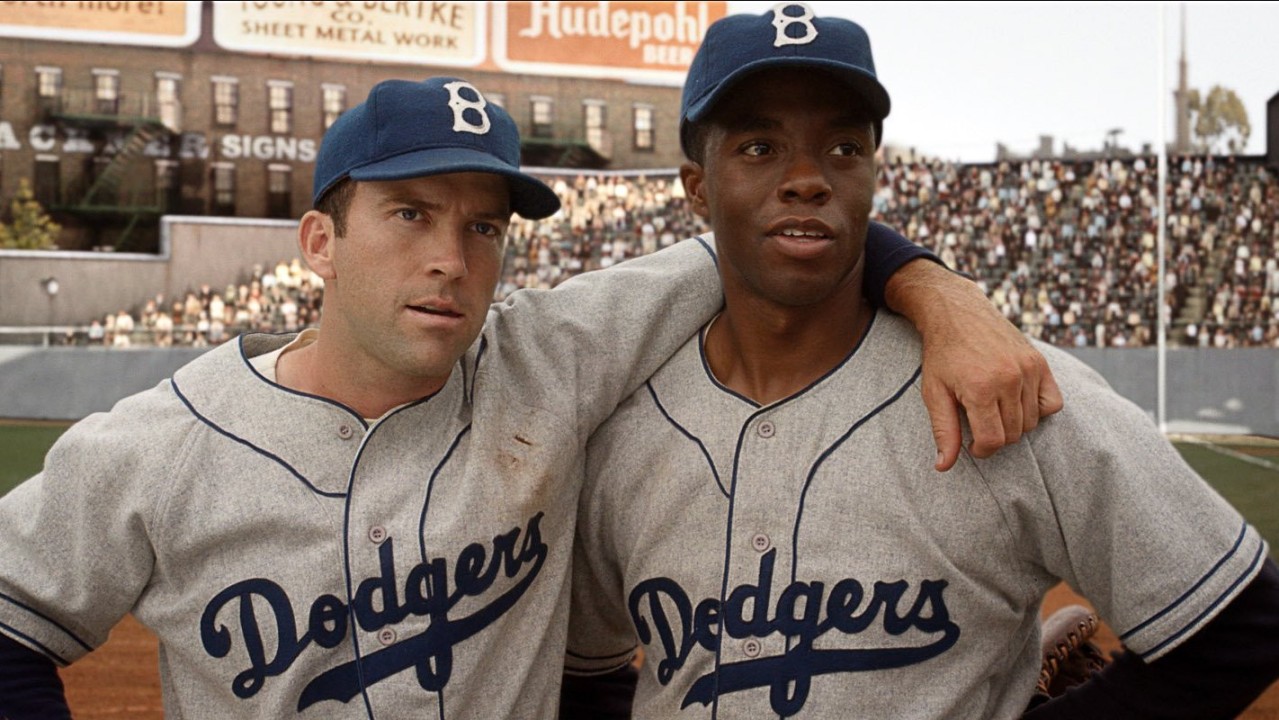Nofi invites you to discover Jackie Robinson’s impact in the civil rights movement by breaking the racial barrier in American baseball.
Jackie Robinson’s story transcends the boundaries of sports to become part of a broader social and political movement: the struggle for civil rights in the United States. In 1947, when he became the first African-American player to join Major League Baseball by signing with the Brooklyn Dodgers, Robinson didn’t just break a racial barrier on the field. He created a breach in the wall of segregation that dominated American society at the time. This symbolic gesture proved to be a powerful catalyst in the fight for equal rights for Black people, both nationally and internationally.
Jackie Robinson, the pioneer of racial integration

The world of professional baseball, until then reserved for white players, reflected the segregationist laws that permeated American society. Robinson’s integration into the major leagues, driven by Dodgers’ executive Branch Rickey, shattered this dynamic. His entry into Major League Baseball (MLB) was more than just a sporting achievement; it represented a major political challenge. By breaking this “color line,” Robinson helped weaken the idea that racial segregation was an acceptable norm.
Faced with constant insults, threats, and discrimination, Robinson adopted a strategy of calm and nonviolent resistance, later inspiring leaders like Martin Luther King Jr. His composure, despite provocations, showed that African-Americans could triumph in hostile environments not only because of their talent but also thanks to their courage.
A symbol for the civil rights movement

Jackie Robinson’s courage inspired not only millions of African-Americans but also the entire civil rights movement. His integration into MLB is often seen as an early victory against segregation, long before the major successes of the civil rights movement in the 1950s and 1960s.
Robinson supported and actively participated in the civil rights struggle. He collaborated with figures like Martin Luther King Jr. and Malcolm X, joining marches and speaking out for racial equality. His celebrity status allowed him to bring national visibility to the cause of African-Americans. In 1949, he testified before Congress on racial equality in sports, highlighting America’s hypocrisy on the matter.
His impact beyond the field

Jackie Robinson’s influence extended beyond the boundaries of baseball or even the United States. By breaking the racial barrier in such an iconic sport, he gave hope to millions of oppressed people worldwide. His example demonstrated that the fight for racial equality was not just an American issue but a global cause. This also had a domino effect in other sports, where African-American athletes began to claim their place in teams and competitions previously reserved for whites.
Robinson also influenced American politics. His involvement with the Republican Party (at a time when the party was more supportive of civil rights) and his role in electing progressive candidates helped advance the civil rights cause in both legislative and executive branches.
Robinson’s legacy in the fight for equality

Jackie Robinson’s impact extends beyond his own time. His example inspired a generation of athletes, activists, and citizens to fight for their rights. Today, he is honored every April 15 during “Jackie Robinson Day” in the major leagues, where all players wear his number 42, a powerful symbol of unity and equality.
More broadly, Robinson played a crucial role in changing American attitudes about race and inclusion. By excelling despite racial obstacles, he proved that the talents and contributions of Black people could no longer be ignored. This legacy helped pave the way for sports and societal icons like Muhammad Ali, Michael Jordan, and Colin Kaepernick, who use their platform to advocate for social causes.
Jackie Robinson is much more than a sports hero; he is an iconic figure in the civil rights movement. By crossing the racial barrier in baseball, he provided a model of courage and resilience in the fight against racial oppression. His journey demonstrates that sports can be a powerful platform for social change, and his legacy continues to influence not only athletes but also all those who fight for justice and equality worldwide.
